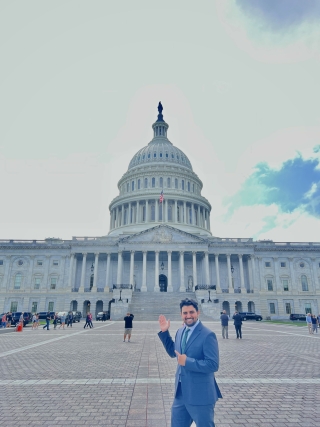Knauss legislative fellowships in Congress help build careers — and they're fun and educational. See our video and fact sheet for details.
Sea Grant Fellows Bring Coastal Science to Capitol Hill
Meet our 2025 Sea Grant Knauss Fellows. During this year-long fellowship, graduate students are matched with hosts in the legislative and executive branches of the federal government. They live and work in the Washington, DC, area—bringing their marine and coastal science expertise to policy that impacts oceans, coasts, and the Great Lakes.
Abdulmajid Alrefaie is serving as a congressional fellow in the US House of Representatives, where he manages the water, energy, and environmental portfolio for Congresswoman Frederica Wilson’s office. “Every day on the Hill is a chance to learn, whether it’s from a staffer, a constituent, or even a hallway conversation,” he says.
Alrefaie believes that science paired with strong communication and leadership can spark meaningful change. “Bringing science into spaces where decisions are made is one of the most important ways we can create lasting impact,” he says.
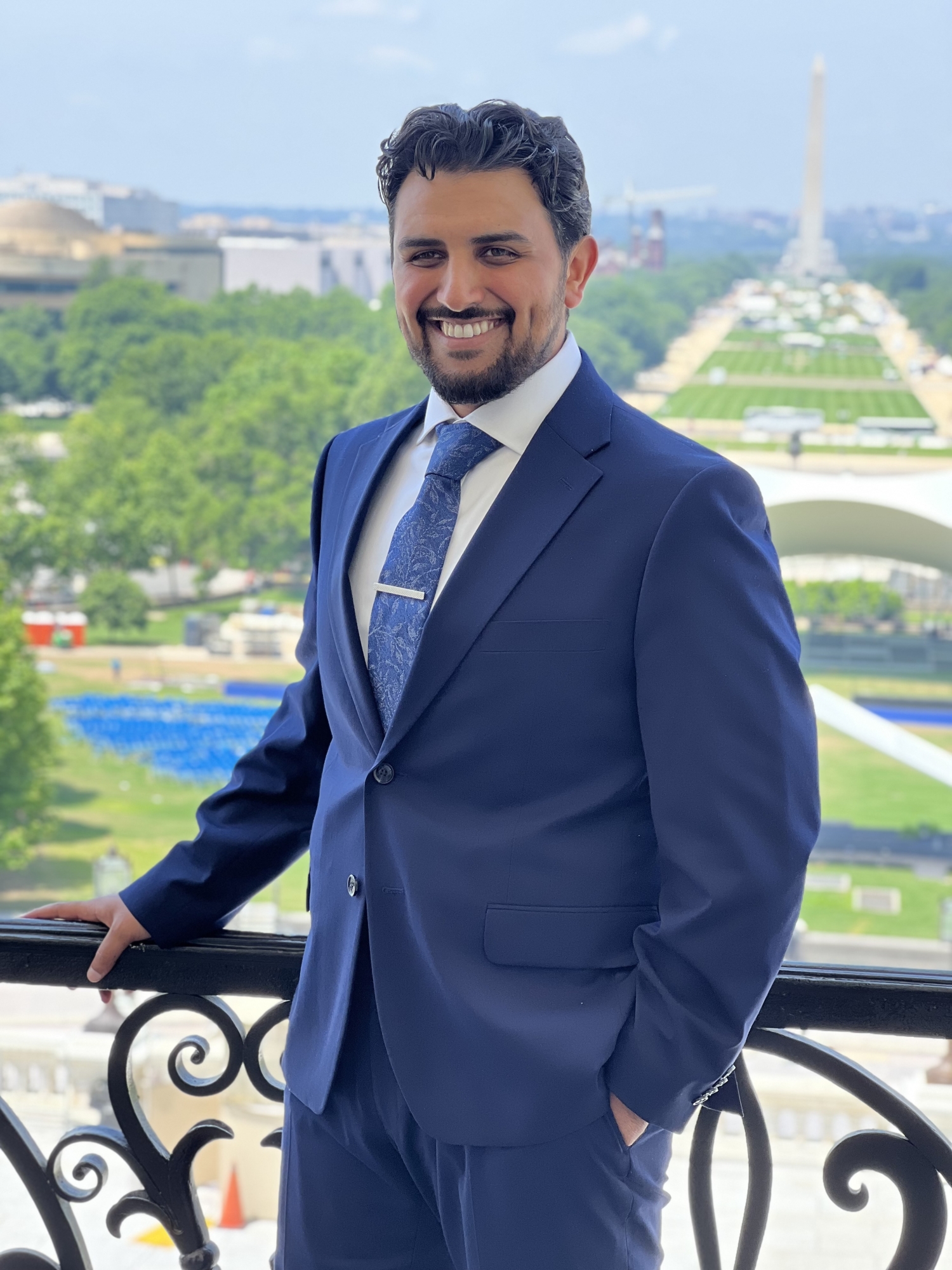
He is putting that belief into practice in his fellowship, where he helps to shape legislation by drafting bills, developing policies, and supporting strategic advocacy efforts. Each day, he is learning to translate complex research into actionable strategies that serve communities.
When he is not on the Hill, Alrefaie is in the lab working on his PhD in marine, estuarine, and environmental sciences. He’s investigating how microalgae metabolize acetate (a key source of organic carbon) to enhance oil production for biofuels.
As a fellow, he is excited to see firsthand how science—like his biotechnology research—can inform national policy. He is especially interested in legislative efforts that promote sustainable solutions across the water, energy, and environmental sectors. “The fellowship has been a truly transformative and unique experience,” he says. “I feel privileged to be part of it, and I know it will play a defining role in shaping my future career.”
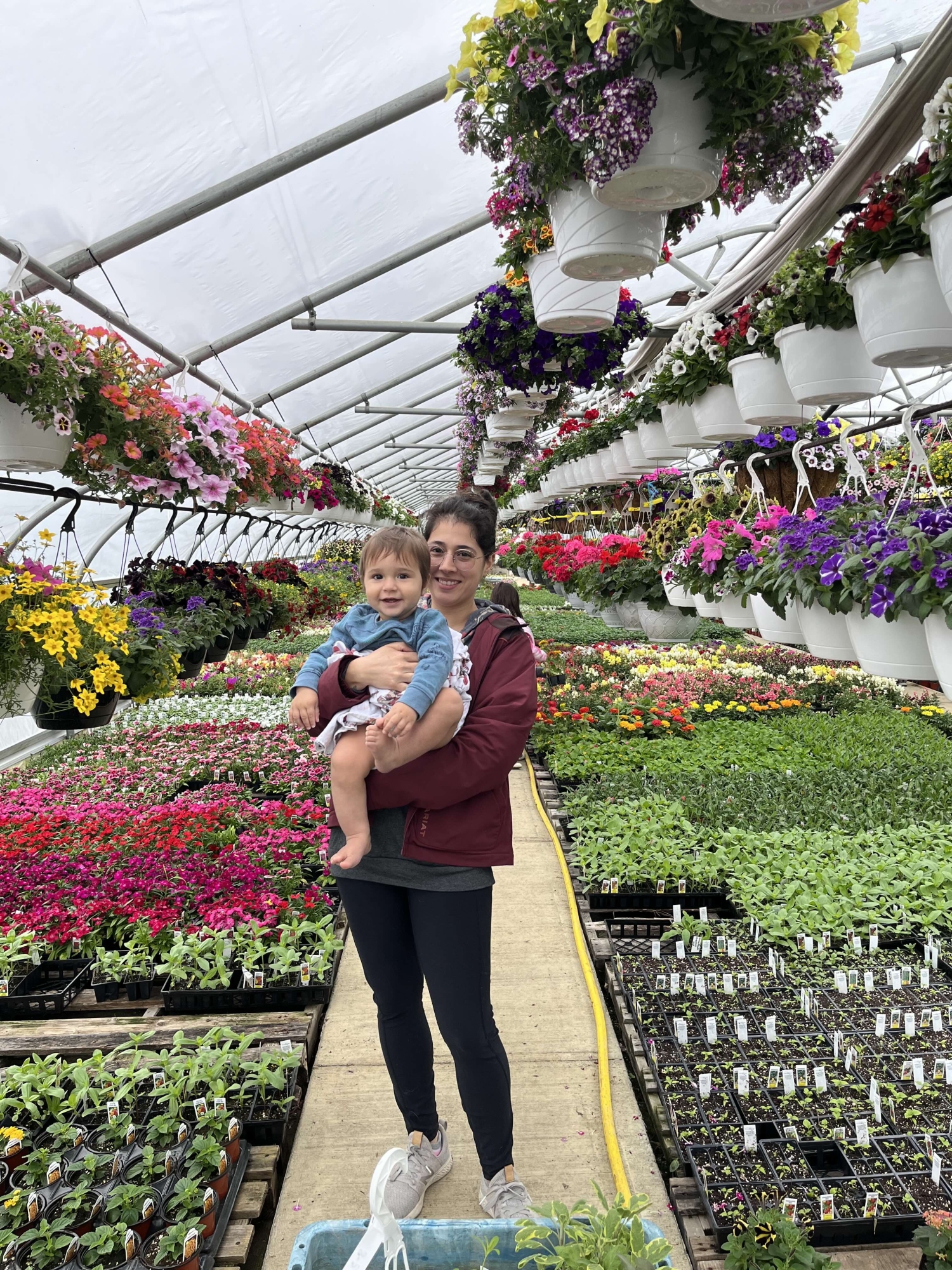
Isabel Butler-Viruet is working with the NOAA National Weather Service’s Ocean Prediction Center and Office of Observation. She focuses on ocean observing systems, like buoys and voluntary observing ships, and the crucial role they play in weather-predicting models and forecasts.
The data from these buoys ensures models perform more accurately, which helps forecasters track the movement and intensity of storms, hurricanes, and other weather systems. “We need accurate forecasting products to save lives and to protect property, as well as for safe maritime transportation,” says Butler-Viruet.
Economic studies show the societal benefits of forecast systems, but what is the value of the ocean observation systems that supply data to our forecasting models? What is their economic impact? As a fellow, these are some of the questions she is trying to answer.
Butler-Viruet recently earned her PhD while researching floating wetlands and their potential to remove nitrogen from estuarine waters. She has also worked as a biologist for Puerto Rico’s Department of Natural and Environmental Resources and as a laboratory technician for Boston University and the University of Maryland Center for Environmental Science. She hopes her current work will help the Ocean Prediction Center make decisions, adjust directions as needed, and move projects forward.
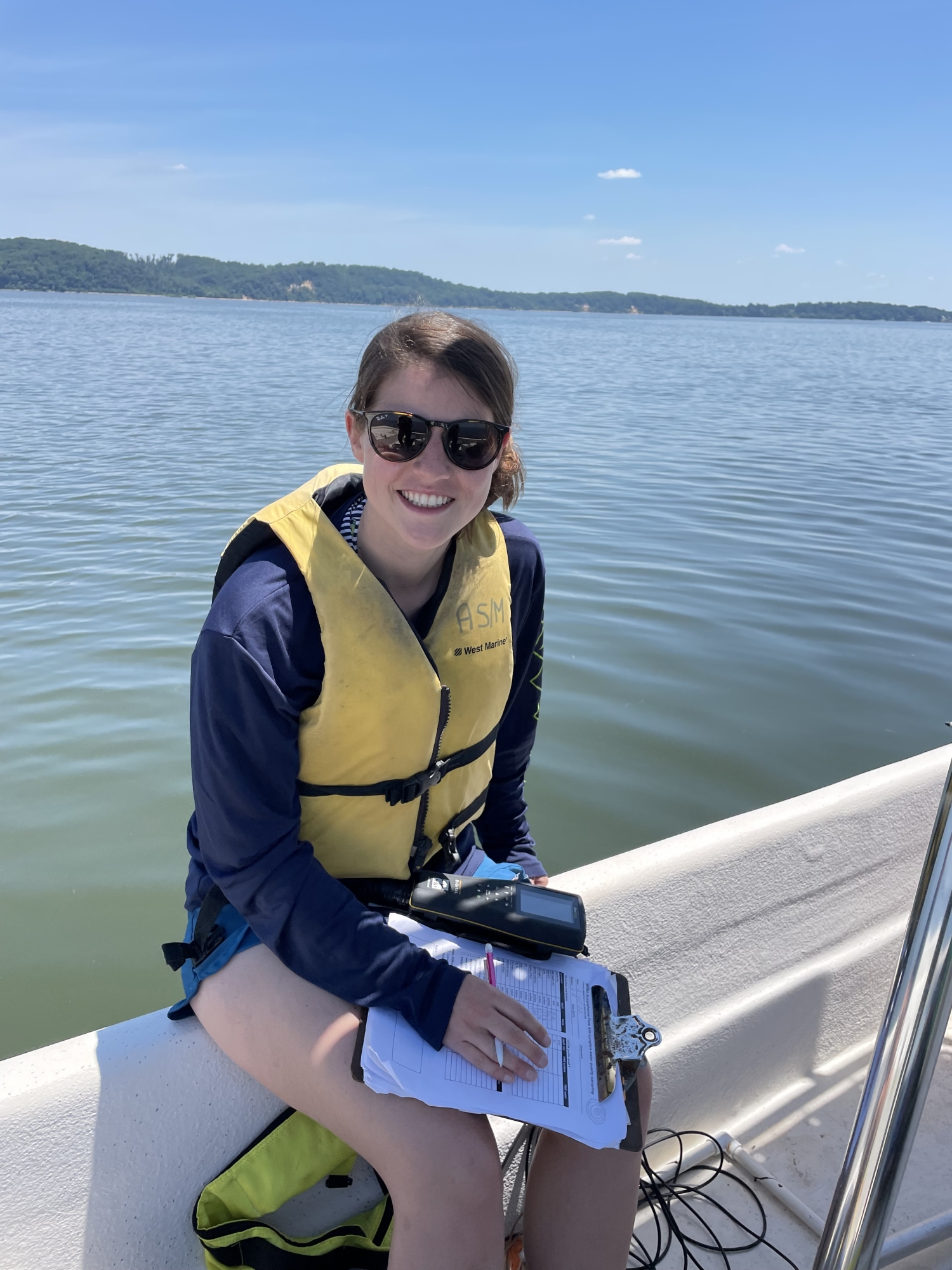
Shayna Keller is with the US Environmental Protection Agency’s Office of Water, where she works with the nutrient, harmful algal bloom, and biological criteria (biocriteria) teams.
She is developing promotional materials for the N-STEPS nutrients program, which offers states technical expertise, literature reviews, and other resources. She is also writing a white paper on omics methods and how they can be used alongside biocriteria to identify stressors in aquatic systems. Omics refers to the fields of study of biological molecules, such as genomics (genes), transcriptomics (RNA transcripts), and metabolomics (metabolites).
Keller recently earned her master’s degree at the University of Maryland Center for Environmental Science, where she studied the cyanobacteria Lyngbya (Microseira wollei) in bay grasses of the Susquehanna Flats.
She looks forward to learning about biological assessments and biocriteria—the qualities that must be present to support a healthy waterbody. This can include the condition and numbers of fish, insects, algae, plants, and other organisms in a body of water. Keller is also working with the National Harmful Algal Bloom program. “I am excited to learn how the EPA tracks harmful algal blooms and supports states in response to them,” she says.
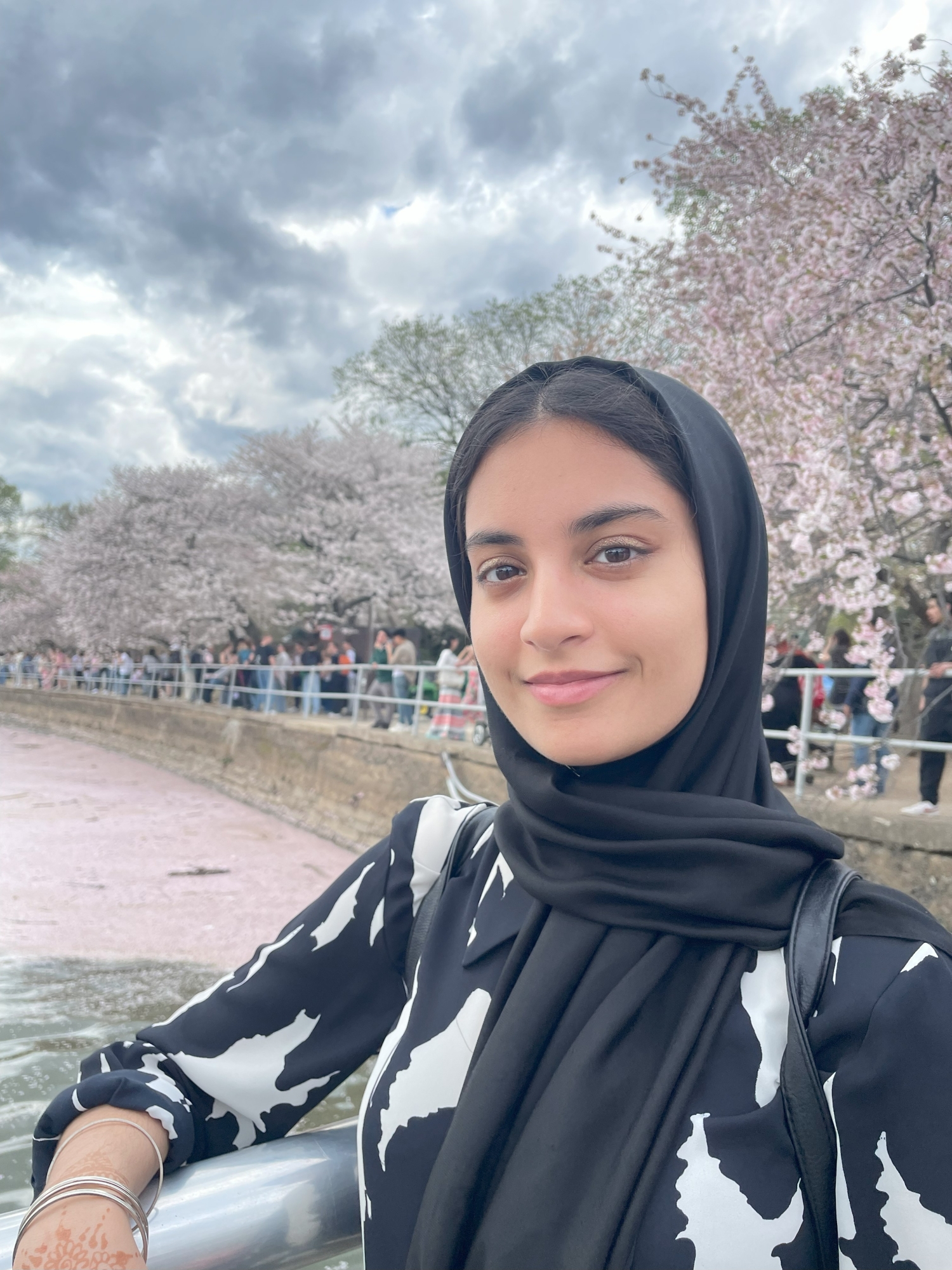
Aiman Raza is working with NOAA Fisheries as a fishery management specialist in the Atlantic Highly Migratory Species Management Division of the Office of Sustainable Fisheries. She supports rulemaking for fishery management plans, issues fishing permits for scientific research, and joins discussions on international fishery agreements.
Raza earned her master’s degree in biological sciences from the University of Maryland, Baltimore County, where she used environmental DNA to study brook trout in the Chesapeake Bay. As a fellow with NOAA Fisheries, she is eager to explore fisheries on a larger scale—learning how they are managed and conserved internationally.
In June, she had the opportunity to act as rapporteur for the temperate tuna species working group at the 2025 Spring Meeting of the Advisory Committee to the US Section of the International Commission for the Conservation of Atlantic Tunas.
She is also excited for fieldwork opportunities—like joining a summer research cruise to tag and sample sharks in the Gulf of America. “I miss being out in the field as a biologist,” says Raza, “so joining this research cruise will give me a taste of the latest exciting research being conducted on highly migratory species.”
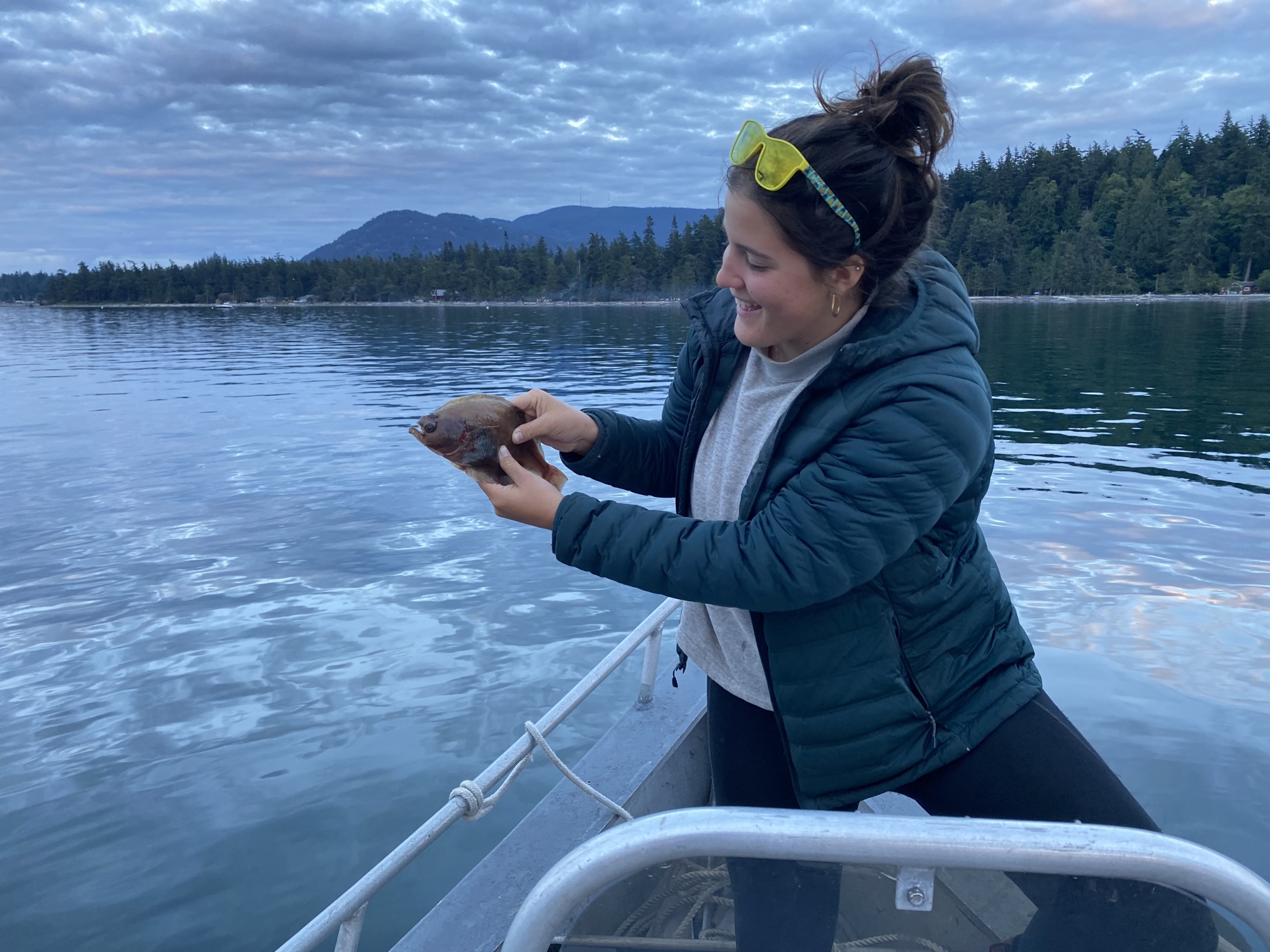
Casey Willson was matched with the NOAA Climate Program Office’s Climate and Fisheries Adaptation Program—a collaboration between NOAA Research and NOAA Fisheries. Her work is all about helping fishermen and fishing communities remain flexible in the face of shifting ocean conditions that threaten local economies and ways of life.
Willson holds master’s degrees in foreign affairs and natural resources sustainable development. Her master’s research focused on human rights in the seafood industry and illegal, unreported, and unregulated fishing. She has also worked with the North American Marine Alliance, advocating for small- and medium-scale fishermen and values-based aquaculture.
Now, as a fellow, she is excited to learn how the executive branch functions to benefit fishing communities. “I’m also excited to learn how climate change and shifting ocean conditions impact fishing communities, and how management can help ensure those communities are able to remain flexible and stay engaged in their local seafood system,” she says.
Are you interested in becoming a Sea Grant Knauss Fellow? You can find more information about the fellowship and application process on our Information for Knauss Applicants webpage.
See all posts from the On the Bay blog
